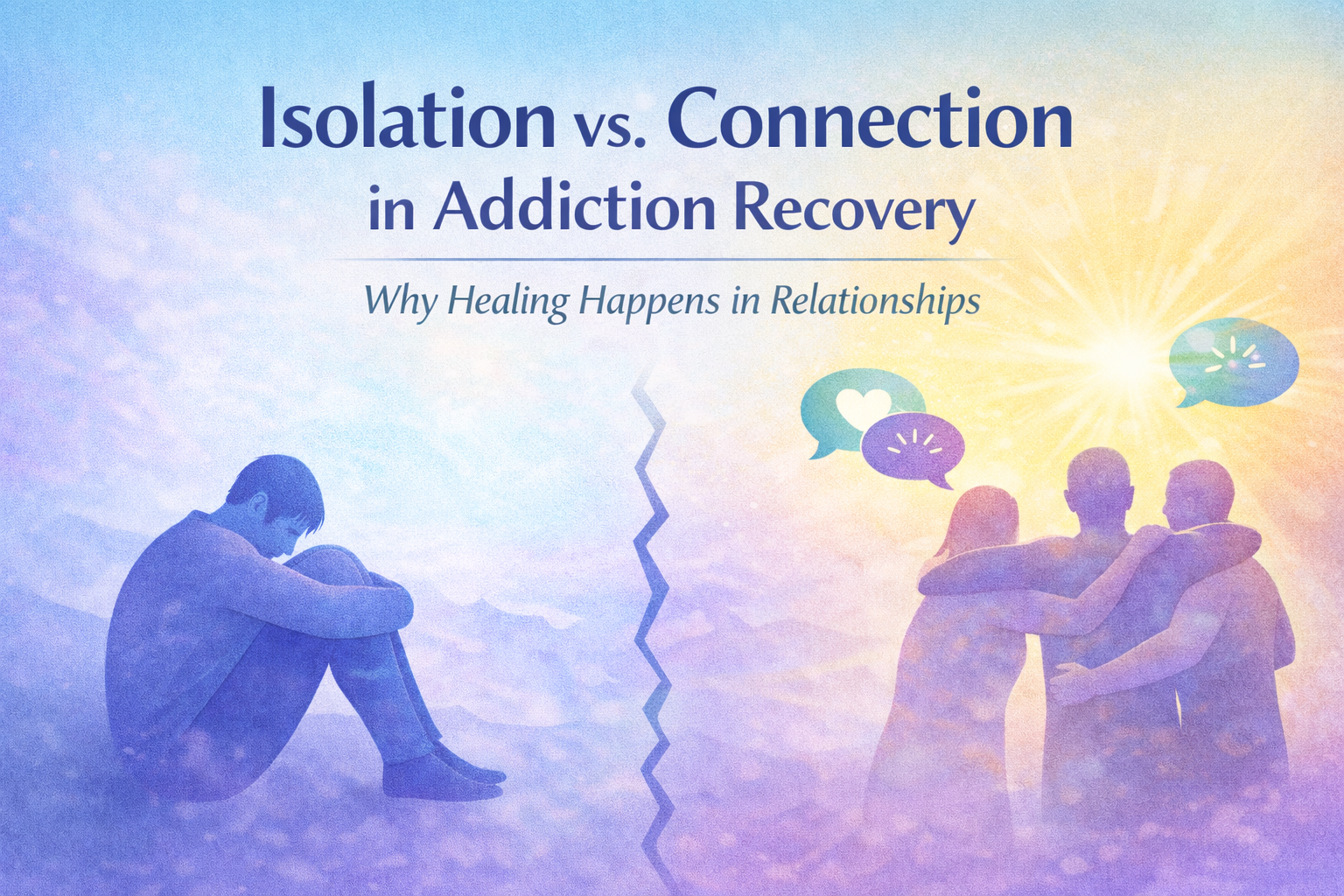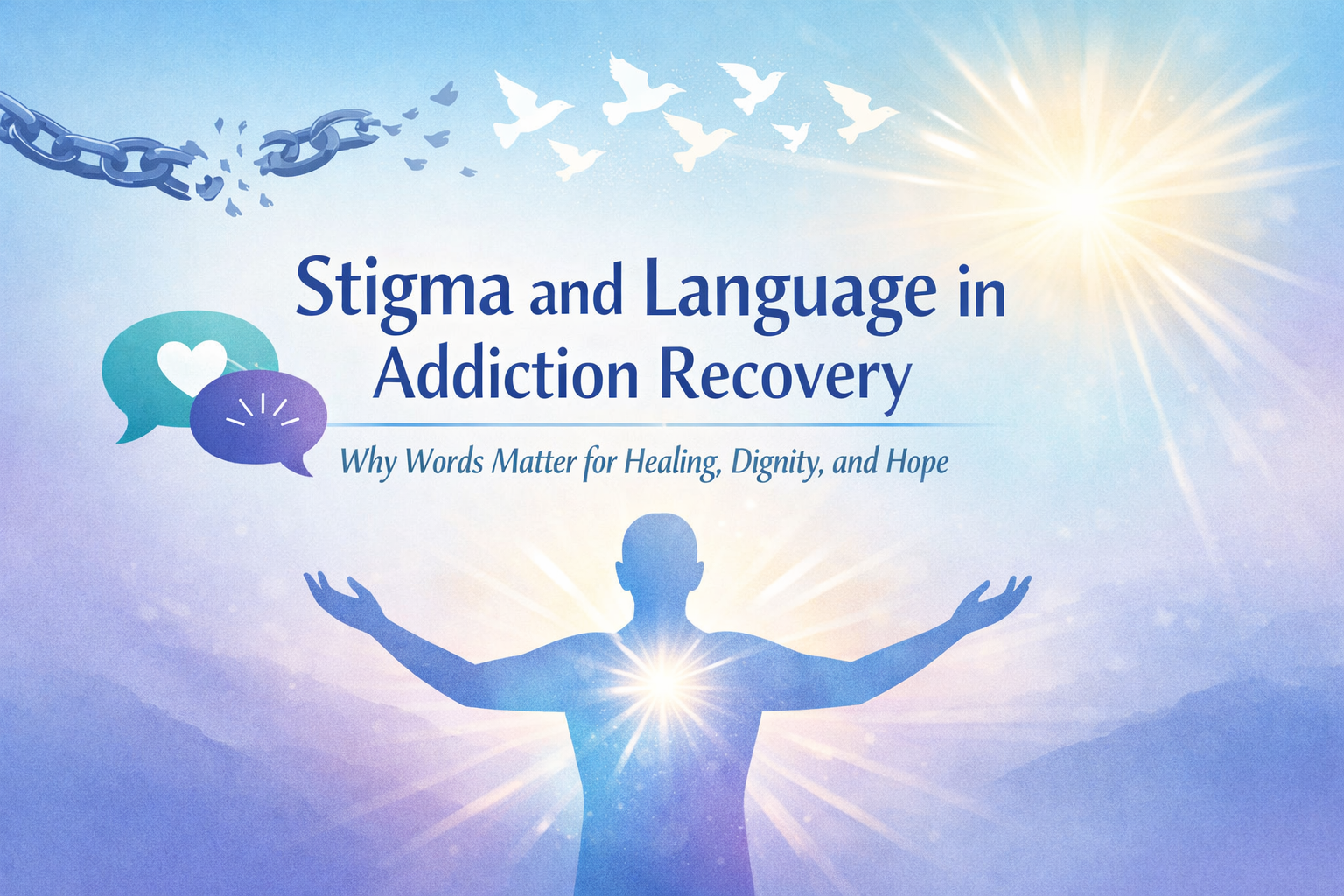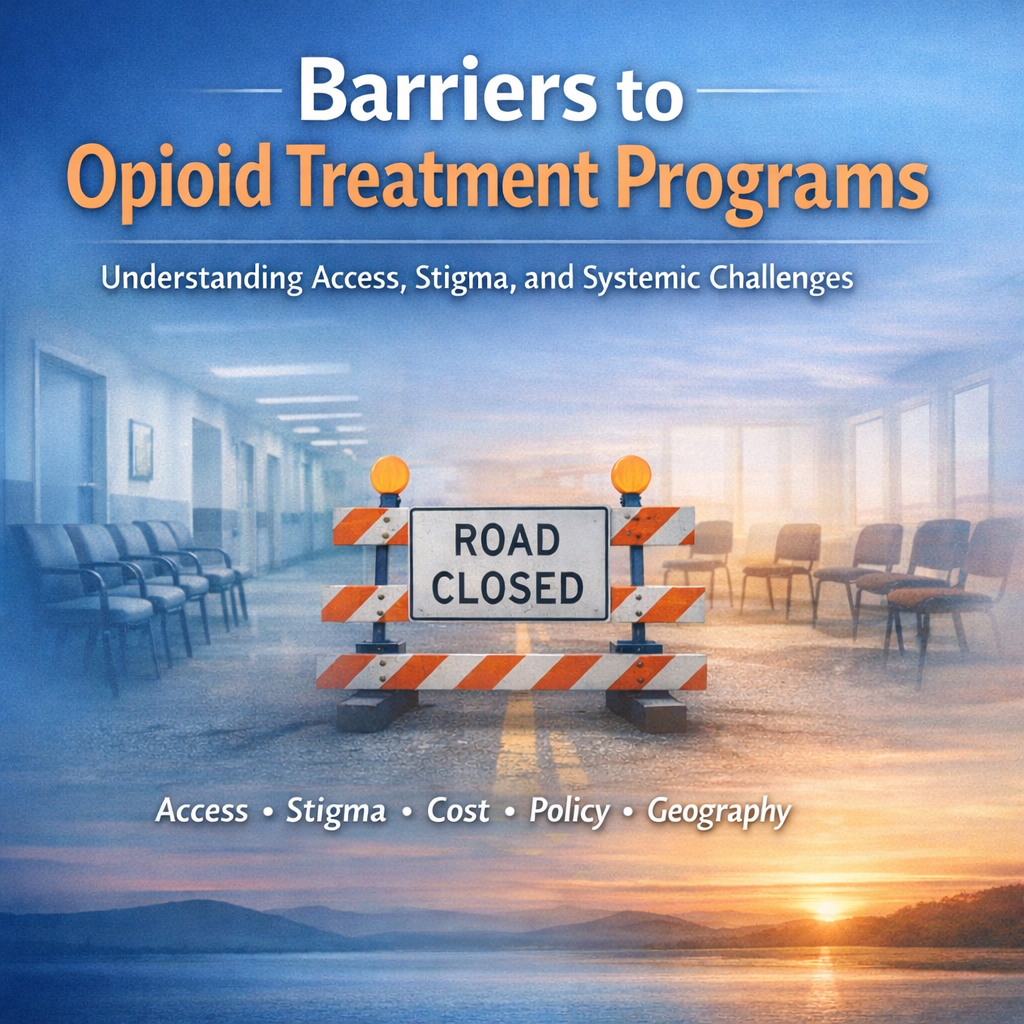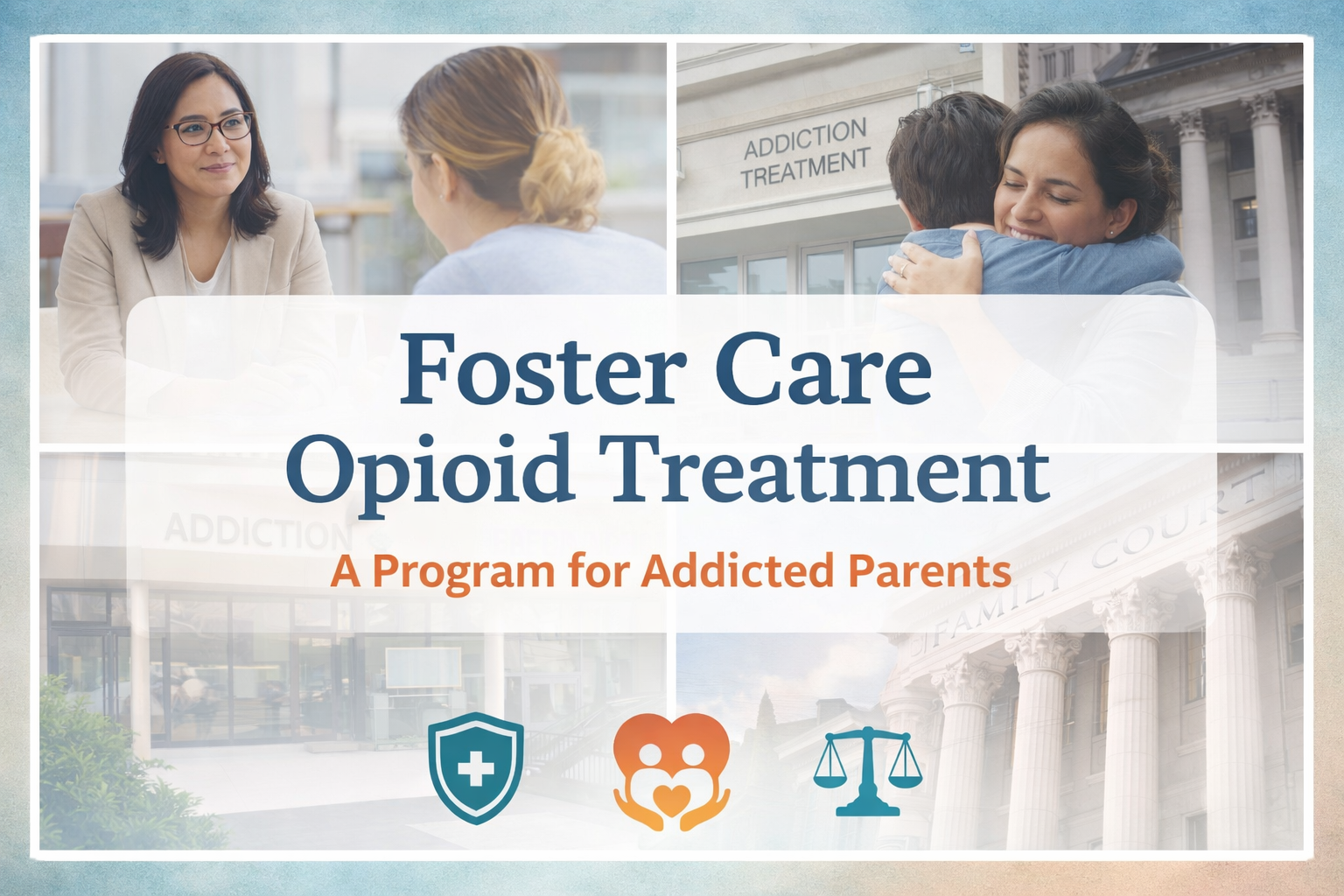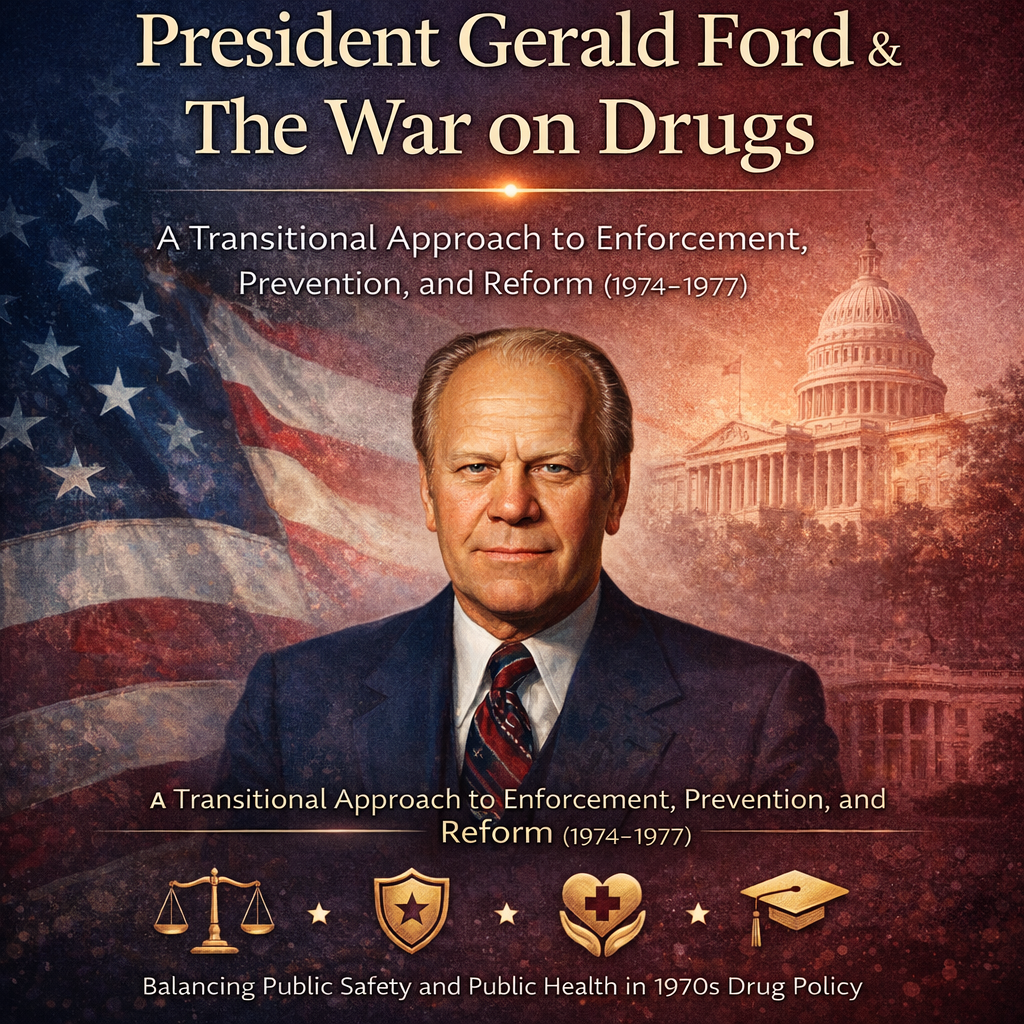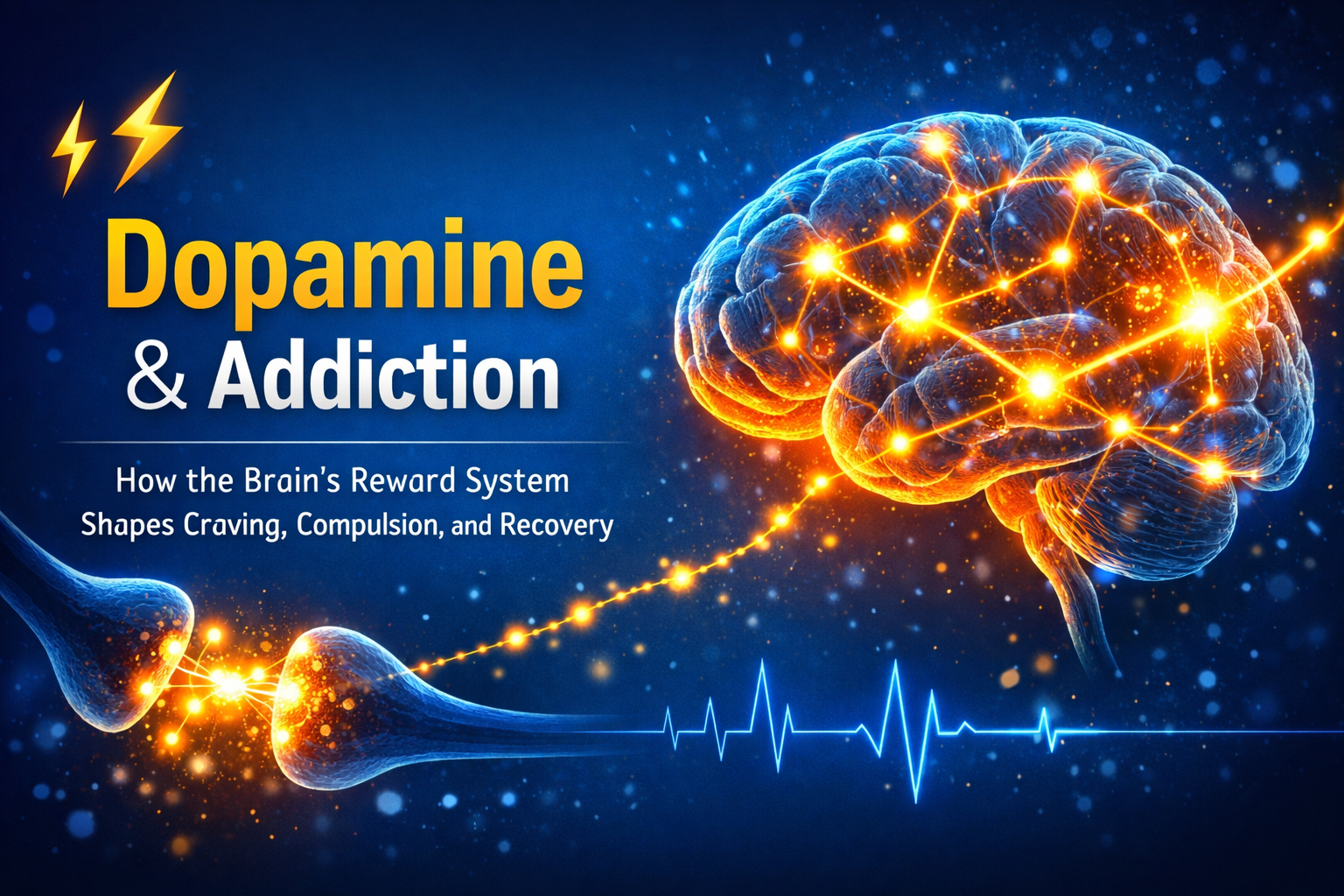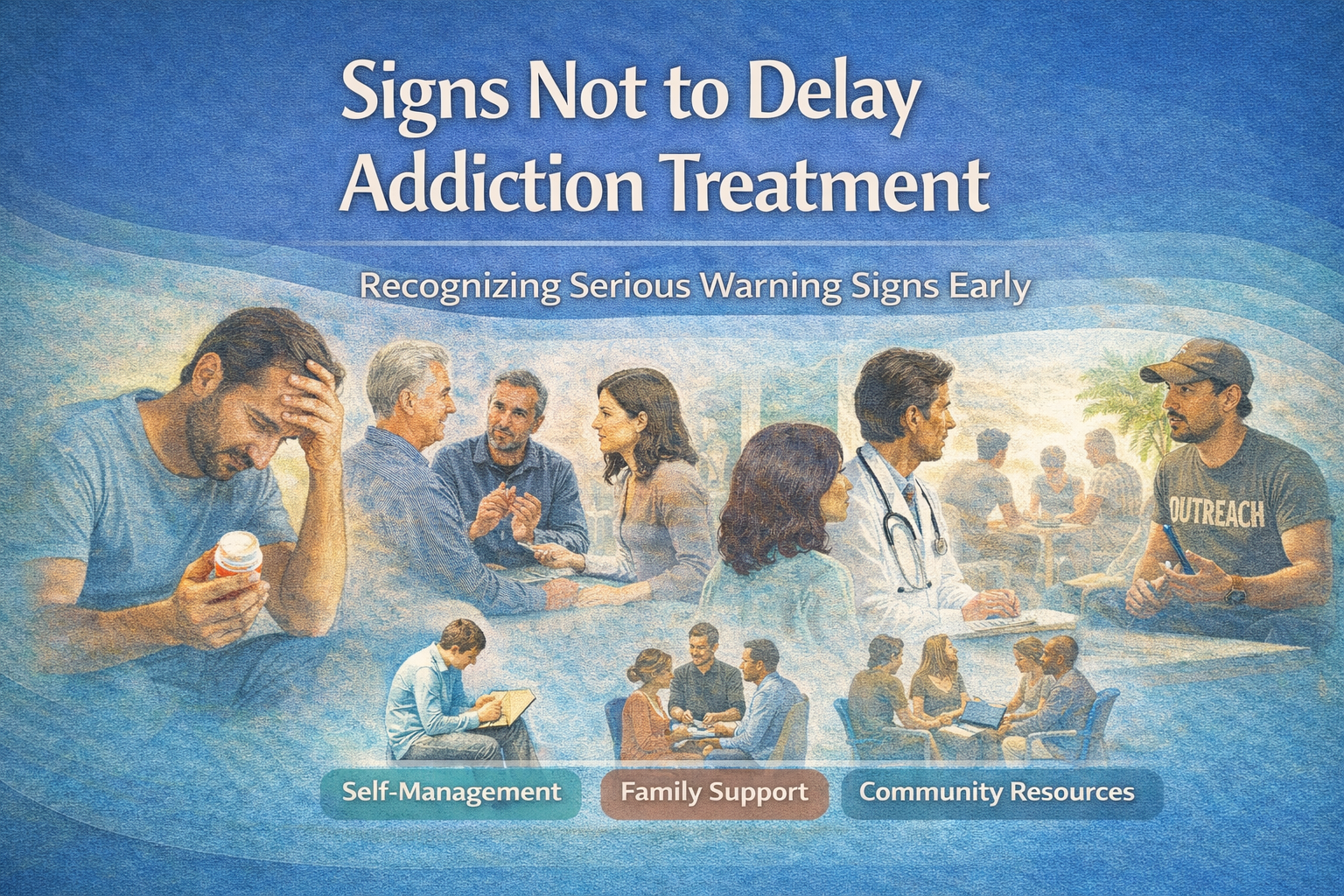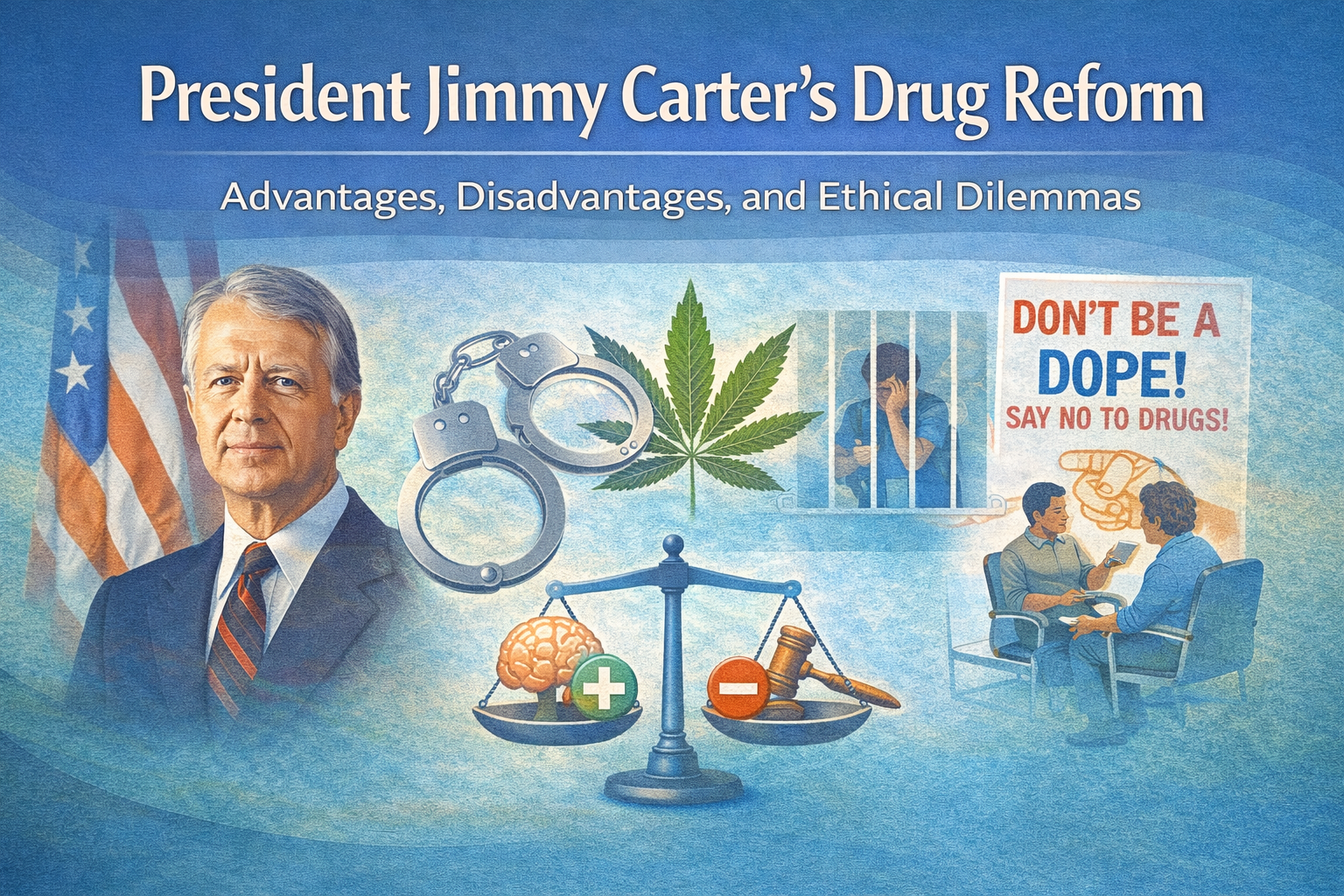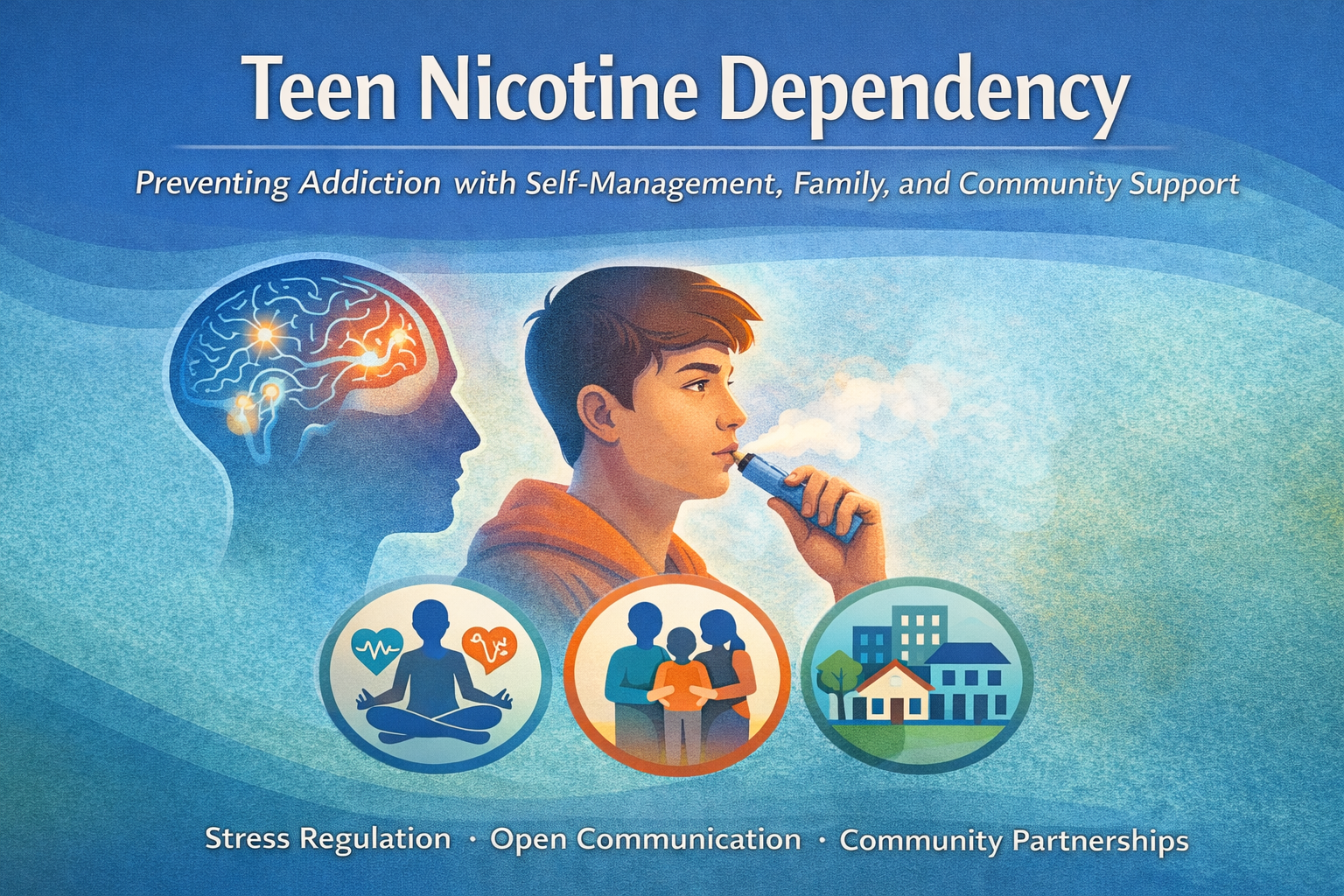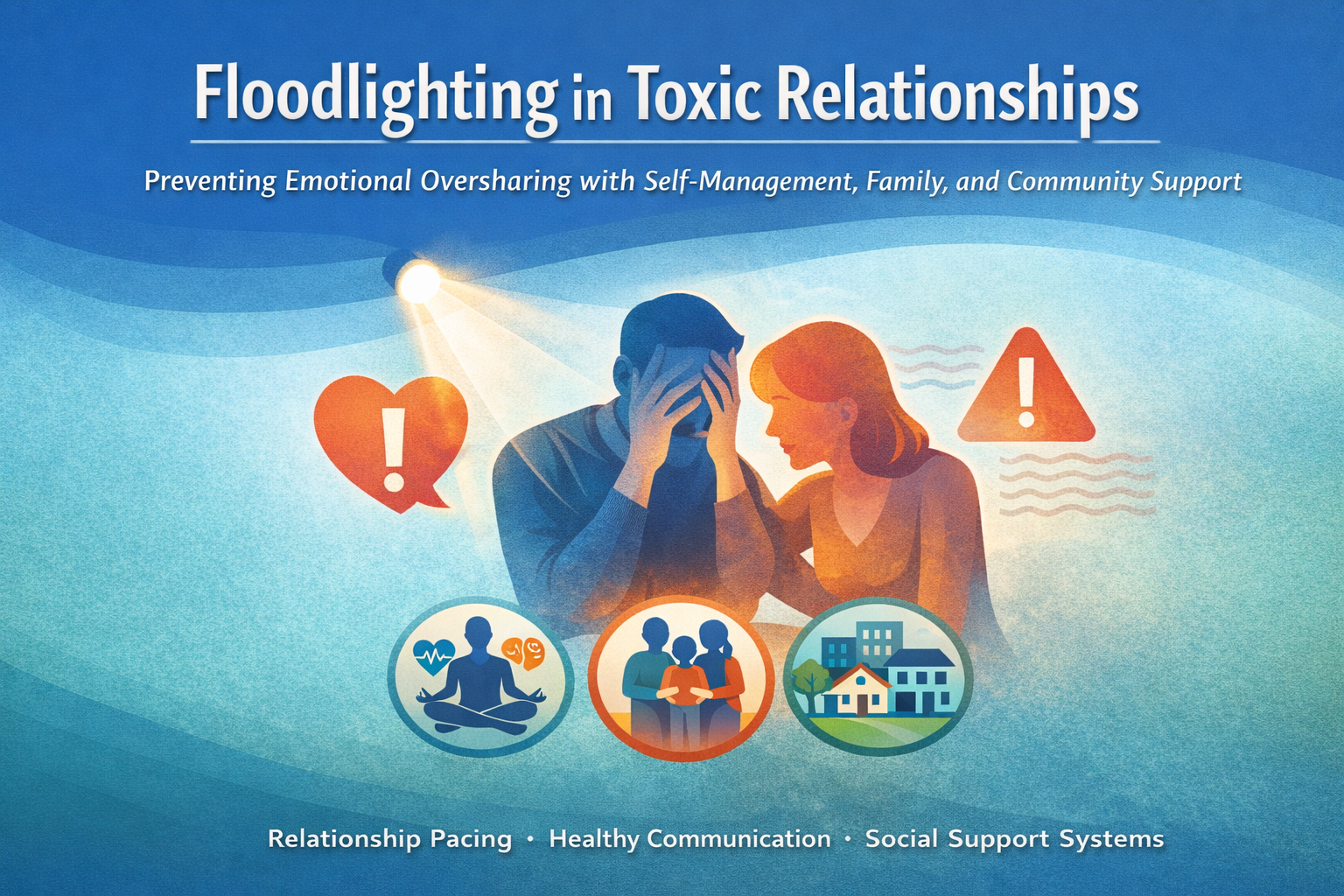Recovery: Isolation vs. Connection
Isolation and connection sit at the heart of addiction recovery. Addiction often pushes individuals into loneliness, secrecy, and emotional withdrawal, while recovery depends on rebuilding trust, belonging, and supportive relationships. Feelings of shame, fear, and stigma can make isolation feel safer than connection, especially in early recovery. Improving this balance requires intentional effort at multiple … Read more
